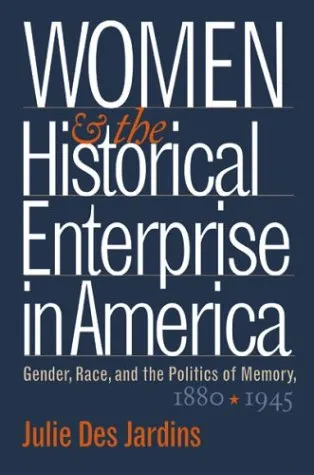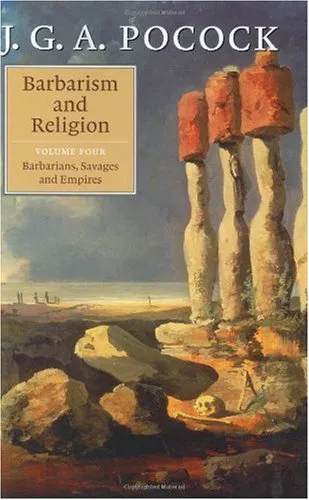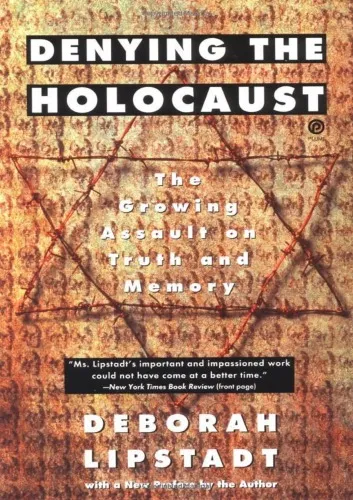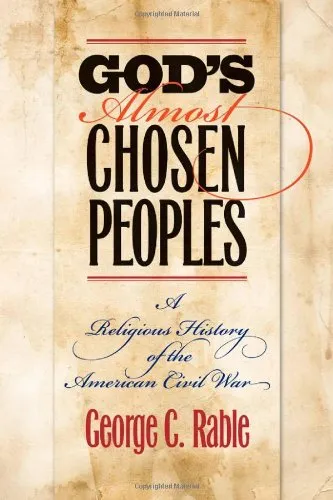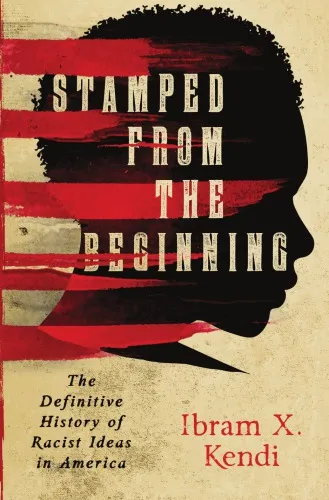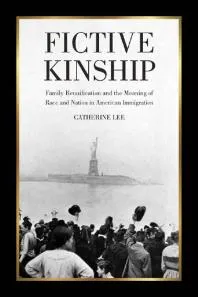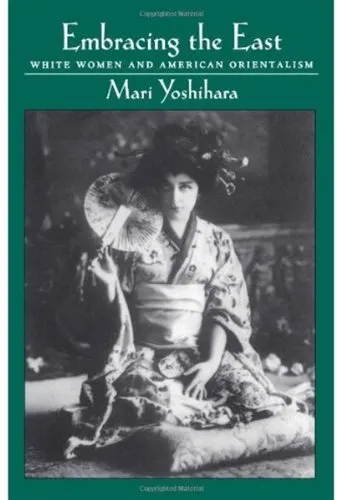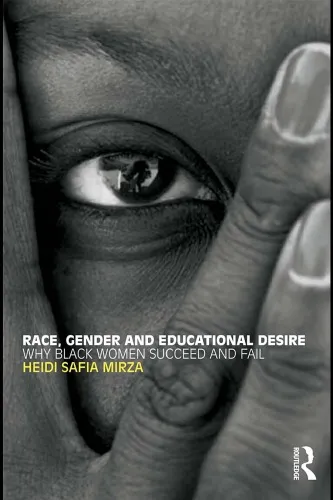Women and the Historical Enterprise in America: Gender, Race, and the Politics of Memory, 1880-1945
4.5
Reviews from our users

You Can Ask your questions from this book's AI after Login
Each download or ask from book AI costs 2 points. To earn more free points, please visit the Points Guide Page and complete some valuable actions.Related Refrences:
Analytical Summary
Julie Des Jardins’ landmark work, Women and the Historical Enterprise in America: Gender, Race, and the Politics of Memory, 1880-1945, investigates the overlooked contributions of women to the crafting of historical narratives in America. It illuminates the intersections of gender, race, and the evolving discipline of history during a critical period of national transformation.
In this comprehensive study, Des Jardins uncovers how women—often excluded from the professional ranks of historians—nonetheless shaped public memory through teaching, writing, archival work, and civic engagement. With their intellectual labor, they created spaces for historical discourse that challenged prevailing biases and broadened the cultural record. The book situates this enterprise within wider debates about who is authorized to define historical truth and how inclusivity in historical scholarship has evolved over time.
By contextualizing women’s historical work between 1880 and 1945, Des Jardins reveals efforts to reconcile public history with marginalized voices. The intertwined issues of race and gender emerge as central forces in the politics of memory, highlighting the double bind faced by women of color who confronted both sexism and racial prejudice in their attempts to record and interpret the past.
Key Takeaways
The narrative offers penetrating insights into the ways women engaged in and transformed the historical enterprise in America, despite institutional and cultural obstacles.
First, history-making has never been the exclusive domain of male academics; women have consistently contributed, often through community-driven projects and nontraditional platforms.
Second, the politics of historical memory involve not only the content of histories but also the recognition of those who preserve them—a process deeply affected by gender and race.
Third, inclusive historiography demands attention to the conditions under which history is produced, requiring acknowledgment of systemic exclusions.
Finally, the book models meticulous archival research, making it valuable both for scholars and for practitioners in museums, archives, and public history.
Memorable Quotes
“Historiography is as much about who tells the story as about the events themselves.”Unknown
“Women’s historical enterprise was both a challenge to and a product of its times.”Unknown
“The politics of memory ensure that every record is a negotiation of identity and power.”Unknown
Why This Book Matters
Women and the Historical Enterprise in America: Gender, Race, and the Politics of Memory, 1880-1945 fills a gap in our understanding of historical practice and its gatekeepers.
By centering women within the history profession’s formative years, it reframes the American historical narrative, making evident the necessity of evaluating who has been allowed to create and curate public history. This reframing encourages both scholarly and civic communities to reconsider the inclusivity of their narratives and practices.
The book also speaks to broader conversations about diversity, equity, and inclusion in academia and cultural institutions, offering historical precedents that inform contemporary initiatives.
Inspiring Conclusion
For readers intent on understanding the forces that shape historical knowledge, Women and the Historical Enterprise in America: Gender, Race, and the Politics of Memory, 1880-1945 offers both revelation and challenge.
It invites dialogue about the architects of our historical landscapes, highlighting the resilience and innovation of women whose work continues to influence the ways we remember and interpret the past. By engaging deeply with its arguments, readers not only honor these contributions but also equip themselves to advocate for more representative historical practices in their own spheres.
The next step is clear: read the book, share its insights with peers, and contribute to the ongoing conversation about who gets to tell our collective story and why their voices matter.
Free Direct Download
You Can Download this book after Login
Accessing books through legal platforms and public libraries not only supports the rights of authors and publishers but also contributes to the sustainability of reading culture. Before downloading, please take a moment to consider these options.
Find this book on other platforms:
WorldCat helps you find books in libraries worldwide.
See ratings, reviews, and discussions on Goodreads.
Find and buy rare or used books on AbeBooks.
1302
بازدید4.5
امتیاز0
نظر98%
رضایتReviews:
4.5
Based on 0 users review
Questions & Answers
Ask questions about this book or help others by answering
No questions yet. Be the first to ask!
